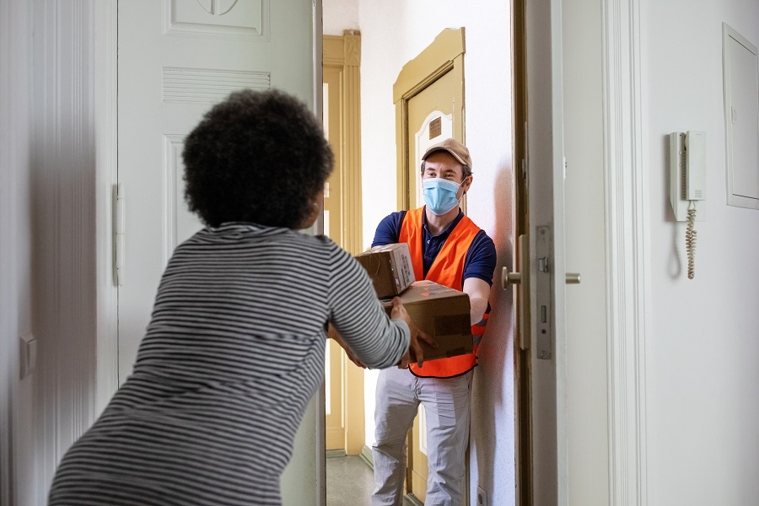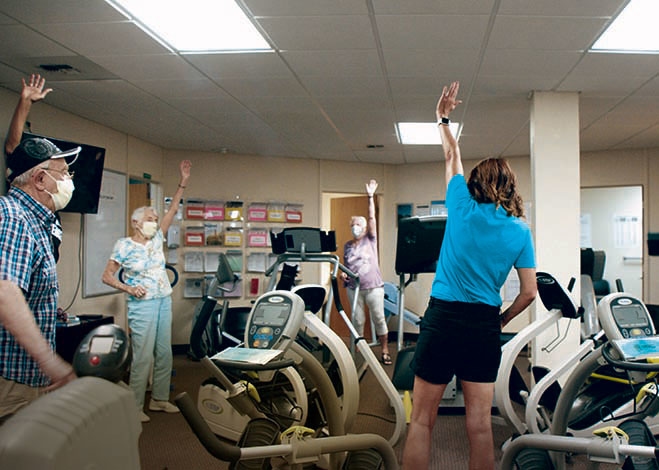Stress-busting tips for essential workers
Oct 14, 2020

Are you an essential worker who has stayed on the front lines during the COVID-19 pandemic? Maybe you drive a bus, stock a warehouse, clerk in a grocery store or perform another service that we all need. Now more than ever, it's clear how much we all rely on your work.
But there's no denying that staying on the job these days can be stressful. You may have a lot on your mind when you head to work. And that anxiety can lead to fatigue, sadness, anger, and trouble sleeping or concentrating.
Coping tips for front-line workers
If you're feeling the pressure, it's important to make your mental health a priority. Here are some tips that may help you cope:
- Talk to your team. Talk with your supervisor and co-workers about your stress and how your work is going. These are challenging times. It's important to acknowledge what you're feeling.
- Speak up about safety concerns. Are you getting the protective equipment you need? Do you have an idea that could help make work less stressful and safer? If so, share it with your manager. Working toward solutions can help you feel less anxious.
- Find a healthy outlet. Try not to consume too much pandemic news on your time off—or turn to alcohol or drugs to cope with stress. Instead, make room for activities that bring you joy and relaxation, such as reading, working at a hobby or spending time in nature.
- Call on your support system. Reach out to family members or friends when you feel like talking. Chances are, they're more than willing to provide a virtual shoulder to lean on.
- Keep up healthy habits. It's easy to let these slide in stressful times. But do your best to get plenty of exercise, healthy food and rest. Keep washing your hands and following other safety measures. Focusing on things you can change, like your wellness routine, may give you a greater sense of control.
- Press pause on panic. When you feel anxiety building, try this: Close your eyes and take some slow, deep breaths. Breathe in through your nose and out your mouth. This may help you relax and reset.
- Seek out mental health help. Does your workplace offer mental health resources, such as counseling services? If so, find out how to use them. You can also talk to your doctor if you're feeling too much stress. Or check out resources from your state or local health department.
Sources: American Heart Association; American Psychiatric Association; Centers for Disease Control and Prevention


